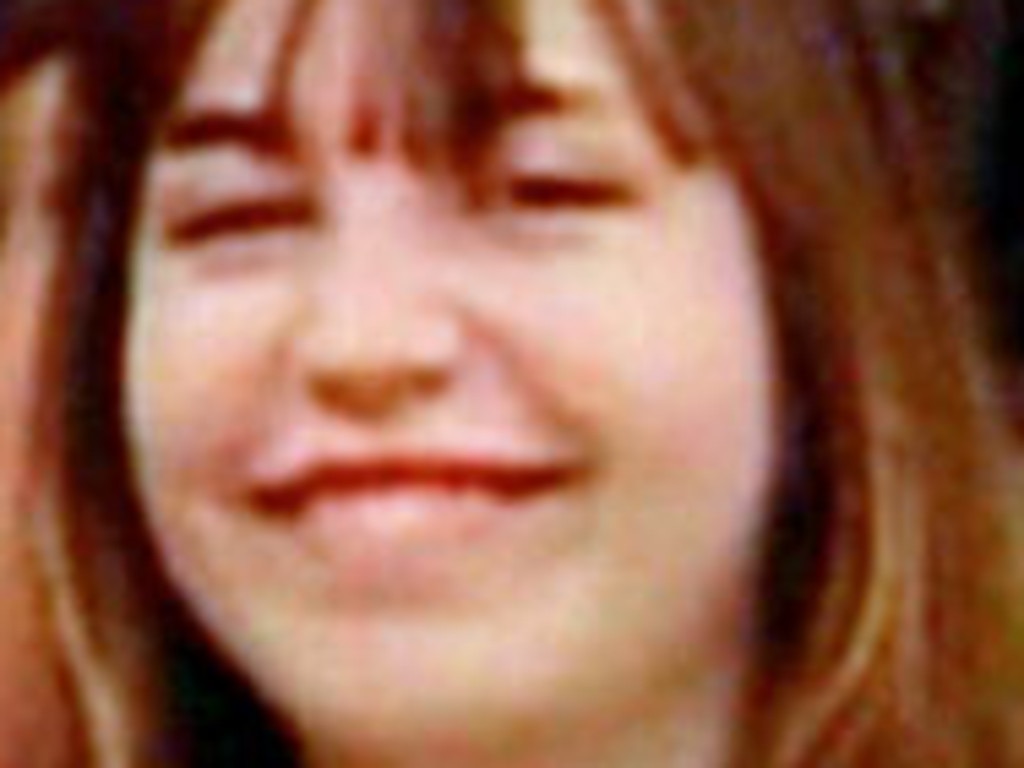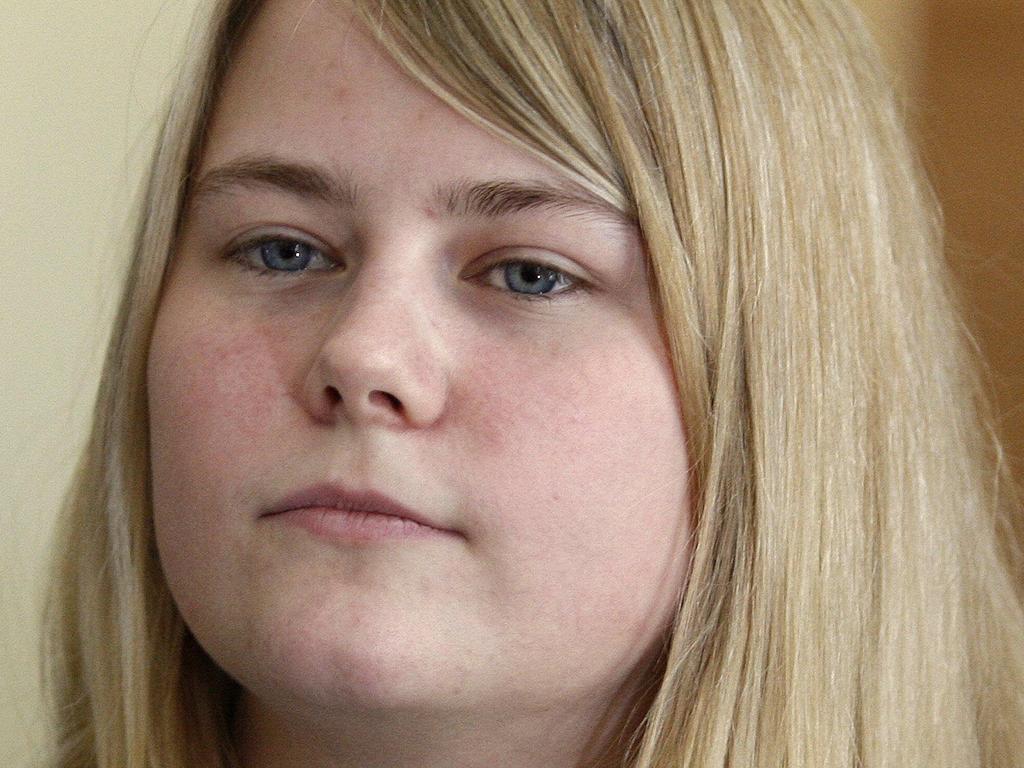Could the story of Lisa Fritzl, a name synonymous with unimaginable trauma, also be a testament to the enduring strength of the human spirit? The life of Lisa Fritzl, a survivor of horrific circumstances, embodies resilience, offering lessons about overcoming adversity and the importance of mental health in the face of unimaginable suffering.
In the quaint Austrian town of Amstetten, a series of events unfolded that would shock the world. At the center of this tragedy was Elisabeth Fritzl, held captive by her father, Josef Fritzl, in a hidden basement for nearly a quarter of a century. During her confinement, Elisabeth gave birth to seven children. Among them were three children, Lisa (born August 29, 1992), Monika (born February 26, 1994), and Alexander (born April 28, 1996), who were raised in the main house by Josef and his wife, Rosemarie, under the guise of being abandoned by their daughter, Elisabeth. These children, unaware of the true nature of their family, lived a relatively normal life, attending school and interacting with social workers who visited the home.
| Attribute | Details |
|---|---|
| Full Name | Lisa Fritzl |
| Date of Birth | August 29, 1992 |
| Place of Birth | Amstetten, Austria |
| Parents | Elisabeth Fritzl and Josef Fritzl |
| Siblings | Kerstin Fritzl, Stefan Fritzl, Felix Fritzl, Alexander Fritzl, Monika Fritzl, Michael Fritzl (deceased) |
| Raised By | Josef and Rosemarie Fritzl |
| Known For | Being one of the children raised outside of the basement captivity, highlighting resilience and the power of recovery. |
| Reference | The New York Times |
The narrative of Lisa's life, intertwined with the horrors of her family's secret, highlights the complexities of trauma and survival. While her mother, Elisabeth, endured unimaginable suffering, Lisa and her siblings experienced a different reality, unaware of the darkness that shrouded their existence. This divergence presents a unique perspective on resilience. Despite the trauma experienced by her mother and the revelation of the truth, Lisa's story becomes a testament to the strength of the human spirit and the possibility of healing.
In contrast to her mother's ordeal, Lisa, alongside her siblings Monika and Alexander, lived a life seemingly untouched by the basement's horrors. They attended school, interacted with the outside world, and formed relationships with family friends, while the truth of their origins remained hidden. This carefully constructed facade allowed them to experience a degree of normalcy, which, in turn, may have played a critical role in their eventual healing and recovery. The discovery of Lisa's photo in Rosemarie Fritzl's car served as a grim reminder of the deception.
The unfolding of the Fritzl case in 2008, when Elisabeth's captivity was finally revealed, sent shockwaves across the globe. Josef Fritzl's arrest and subsequent trial exposed the depths of his depravity. This pivotal moment brought Lisa and her siblings face-to-face with the devastating truth of their past. The trauma of this revelation, coupled with the media frenzy and public scrutiny, presented profound challenges.
The case also highlighted the importance of mental health support for survivors of such extreme trauma. Lisa's journey, like that of her siblings and mother, would have been profoundly affected by the availability and accessibility of professional psychological care. Counseling, therapy, and other forms of mental health interventions would have been essential tools in navigating the complex emotional landscape and preventing long-term psychological damage.
- The Rise Of Internet Chicks How Theyre Shaping The Digital World
- Watch Vega More Streaming Guide Where To Watch Now
The contrast between Lisa's life and her mother's highlights the long-term effects of trauma. The children who lived in the main house with Josef and Rosemarie were shielded from the worst of the abuse, but the revelation of their parentage and the subsequent public exposure undoubtedly caused psychological wounds. The story demonstrates the far-reaching effects of trauma, highlighting the resilience of the human spirit and the importance of providing robust mental health support to those who have suffered such horrors.
The story of Lisa Fritzl underscores the power of resilience. While the specific details of her journey remain private to protect her and her siblings' privacy, the very fact that she has, like her siblings, been able to move forward is an indication of her strength. The ability to build a life, create relationships, and cope with the past, even in the face of unimaginable pain, demonstrates the profound capacity of humans to survive and heal.
The narrative of Lisa Fritzl also underscores the crucial role of justice in societal healing. Josef Fritzl's arrest, trial, and conviction served as a formal acknowledgement of the wrongs committed, validating the suffering experienced by Elisabeth and her children. Justice provides accountability, preventing the perpetrator from causing further harm and allows survivors to begin rebuilding their lives.
The Fritzl case, more broadly known as the Amstetten case, serves as a stark reminder of the importance of vigilance and the potential for evil to exist even in the most unexpected places. The case exposed the failures of systems, including social services, to protect vulnerable individuals. It prompted widespread discussions about child protection, domestic violence, and the need for increased awareness and intervention strategies.
The events in Amstetten have been the subject of numerous documentaries, films, and books, each aiming to understand the complexity of the case. "Girl in the Basement," while fictionalized, captures the essence of the trauma experienced by Elisabeth. These productions serve as educational tools, raising awareness and encouraging conversations about the importance of mental health and recovery from severe trauma.
The narrative surrounding Lisa Fritzl and her siblings serves as a catalyst for discussion on societal norms, particularly the role of family, privacy, and the responsibility of communities to support those in need. The case compels us to question our own biases and assumptions, and to consider the complex interplay of trauma, resilience, and the enduring strength of the human spirit.
The story of Lisa Fritzl, while marked by unspeakable tragedy, also offers lessons. It serves as a testament to the power of resilience, mental health support, and the pursuit of justice. Lisa's journey, even if primarily understood through the lens of public narratives, serves as a powerful reminder that even in the darkest of circumstances, healing and hope can prevail. The collective strength of the human spirit, demonstrated by Lisa and her siblings, continues to offer inspiration.


